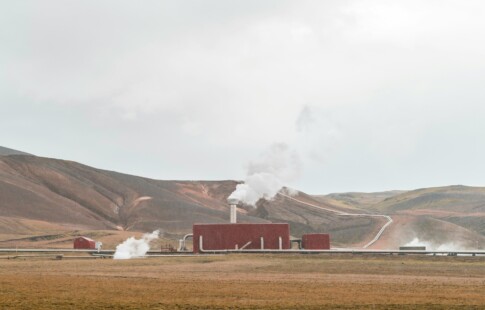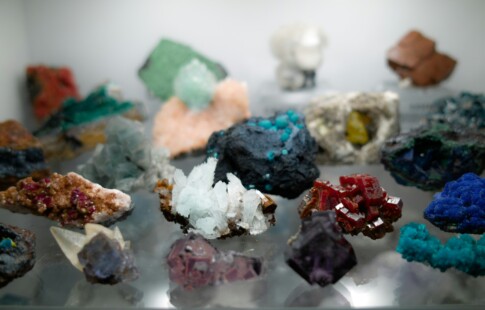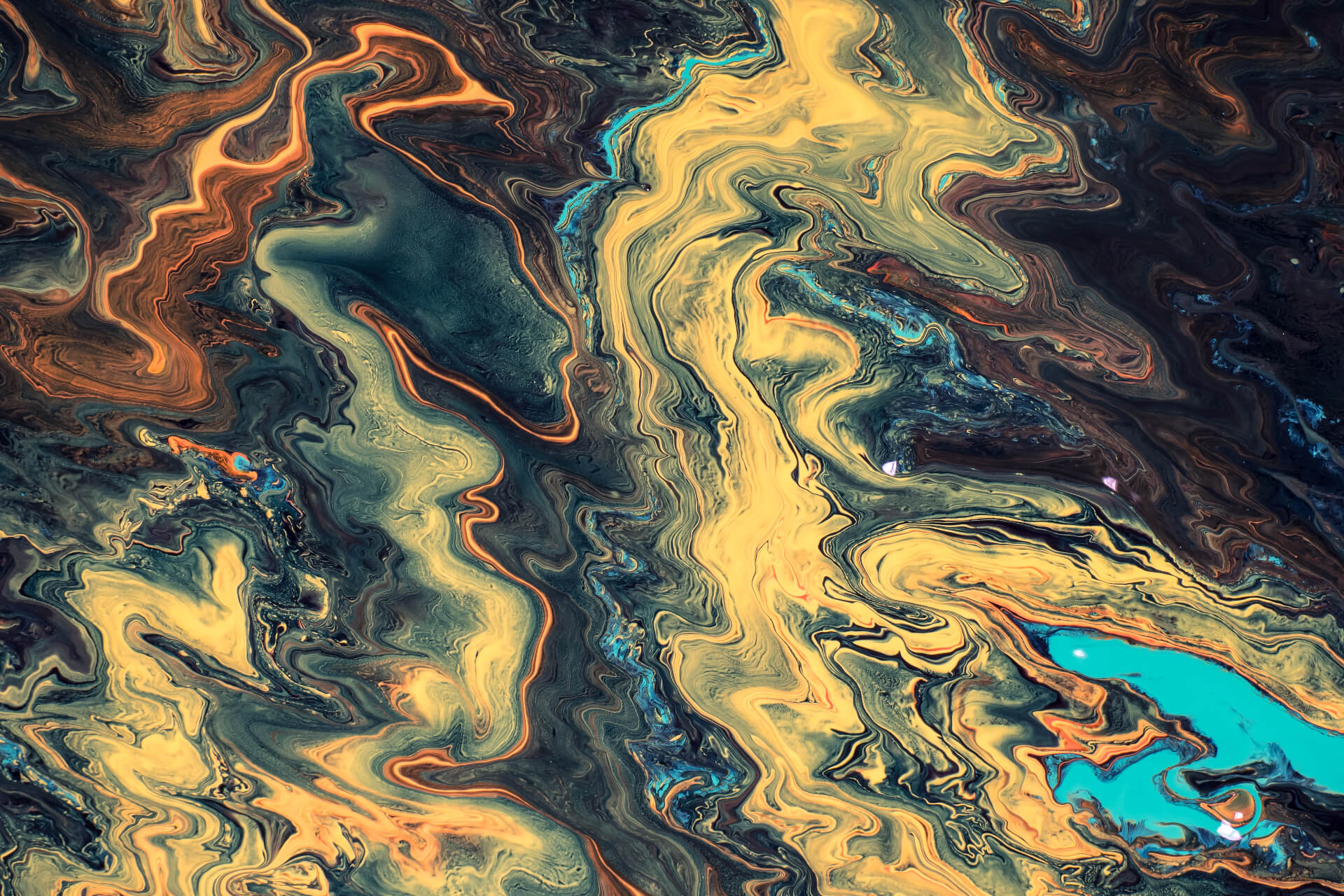
The Deepwater Horizon Wreck Still Leaves Oil’s Mark on Waters
We are reader-supported. When you buy through links on our site, we may earn affiliate commission.
The Deepwater Horizon wreck is one of the most famous oil spills. It happened in 2010, yet environmentalists and the energy sector are still discussing it. Why? Experts stopped the erupting oil streams and BP hasn’t had that much of a public fiasco since. The remnants of this climate catastrophe still radiate into the 2020s. How did it manage to leave such a mark on the ocean, and what has humanity learned over a decade later?
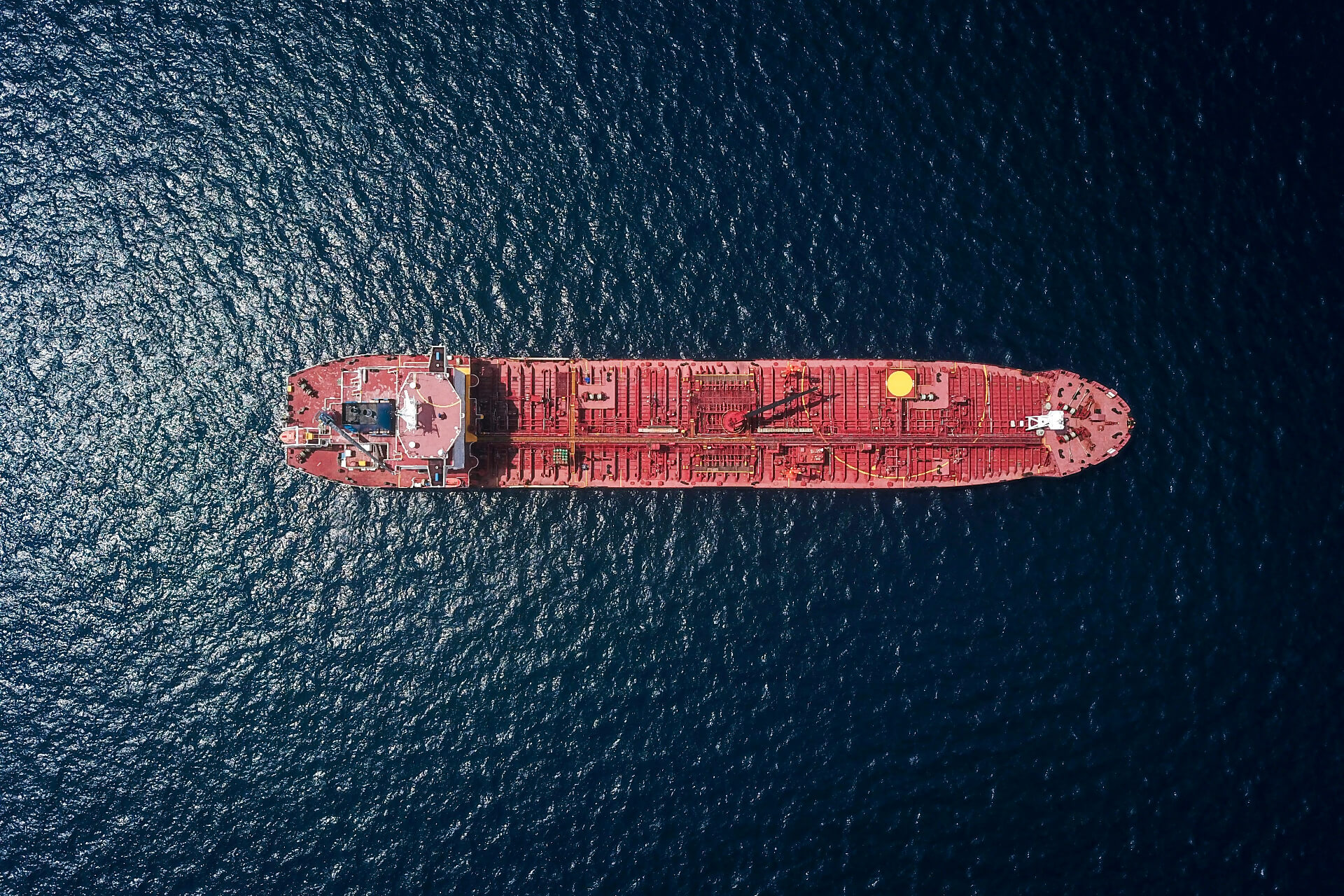
An Introduction to the Deepwater Horizon Wreck
The Deepwater Horizon oil spill was a disaster in 2010 off the coast of the Gulf of Mexico in the U.S. The well-known gas provider British Petroleum (BP) operated the Macondo Prospect near Louisiana, where they were exploring its oil potential. However, an explosion occurred at the offshore drilling rig that was impossible to quell.
The rig then fell to the ocean floor, releasing oil in its wake. Regulatory compliance agencies stated there was inadequate safety at the drilling site that year, though plenty of contradictory reports will say the area was a pinnacle of protection. No matter what the site had to protect itself, it couldn’t stop a natural gas geyser. It broke through an ineffective concrete cap on an oil well, causing a chain reaction of explosions.
The spill’s quantifiable damage is still debated, but it is indisputably the worst oil spill in history. These stats reveal the damage:
- The explosion killed 11 workers.
- The oil spill lasted 87 days.
- Around 134 million gallons of oil were spilled, equating to approximately 1.5 million per day.
- About 8.3 billion oysters, 1 million birds, and 166,000 sea turtles were killed or contaminated.
Several attempts to “plug” up the explosion were futile. The staff drilled relief wells to kill the seepage, calling it officially closed in September 2010. The Deepwater Horizon wreck left an indelible mark on the Gulf as BP and Transocean — the rig builders — paid the monetary price. Meanwhile, biodiversity and coastal communities paid an even heftier price.
Why Are People Still Talking About Deepwater Horizon?
Something felt like déjà vu on November 16, 2023, when oil slicks appeared in the Gulf of Mexico. Coast Guards are in charge of observing and cleaning up the area. With ongoing investigations, they detected potentially over one million gallons of oil lingering in the already-damaged waters. Planes, boats and remote-operated devices are surveying the area.
At the time of identification, people were not even sure if it was coming from a pipeline or not.
Determining what company is to blame is more challenging, as multiple enterprises operate from the area. However, the primary pipeline suspect was shut down.
Deepwater Horizon was not the first oil spill in the Gulf, and this most recent incident will not be the last so long as offshore drilling rigs are allowed to stand in those areas. The rest of the world must take note of these tragedies to protect their waters.
The spill could be the worst the area has seen since Deepwater Horizon. Though it was over a decade ago, another spill of this magnitude is certainly too soon. Why? Unfortunately, the region never recovered from the initial incident, and it may never return to its former glory.
What Do These Events Tell Us About the Future?
In 2019, experts reported the Deepwater Horizon site was still permanently damaged. The abandoned rig should be teeming with new life, but what little biodiversity exists there is weak and parasite-ridden. The only creature types strong enough to survive are crustaceans like crabs and shrimp, which aren’t holding up well. Their coloration and bodies are deformed and desaturated — even red deep-sea crabs have had their shells blackened by the wreck’s remnants.
Another at-risk species is the Rice’s whale. Around 20% of its population were victims of the Deepwater Horizon wreck, leaving only 50 in its natural habitat. This baleen whale stays in the Gulf of Mexico all year, making oil spills its number one threat.
Oil spills are seen as a necessary byproduct of offshore drilling. Justifying carelessness because it is difficult to contain will result in extinction events. The only way to protect the Gulf of Mexico — and the rest of the world’s oceans — is to move to clean, renewable energy and phase out fossil fuels.
Though the brunt of Deepwater Horizon’s impact was felt in the ocean, the pollution seeps into coasts and slowly permeates into the rest of society.
How Is the U.S. Regulating Oil Spills?
Gulf observers must advocate for long-lasting systemic change to prevent more crises like this from happening. The federal government has flip-flopped in recent history to soften or strengthen oil safety regulations. In 2023, it is trying to reinforce them for the better.
The Bureau of Safety and Environmental Enforcement welcomes the legislative shift, signaling a positive move to healthier governing. The rules will increase accountability for rig operations. With modern technology, there is no way to prevent an oil spill entirely. Until the world moves away from needing oil, rules that make those chances slimmer are the best chance oceans have at staying untainted.
The main facets of this legislation include stronger blowout preventers, which would have been vital in mitigating the effects of Deepwater Horizon. Making these valves and systems better at reacting to emergency scenarios is critical, especially since the 2010 incident showed what happens when those “fail-safes” malfunction.
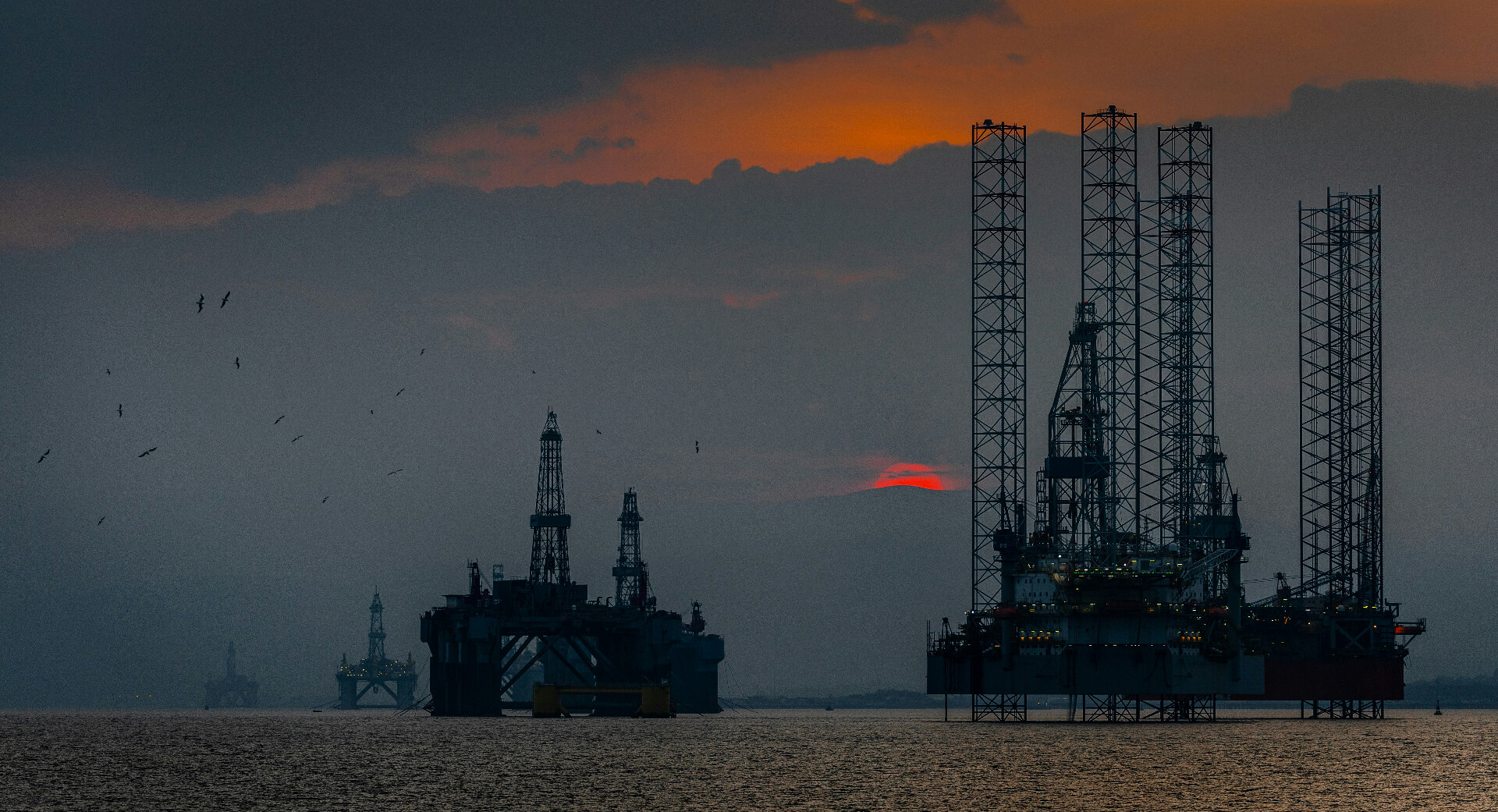
The Deepwater Horizon Wreck’s Legacy
The Deepwater Horizon oil spill is a catastrophic lesson humans didn’t have to learn to understand why fossil fuels continue to plague the planet and its atmosphere. But, oil corporations decided to press until the damage was irreversible.
Wildlife cannot live in an oil- and natural gas-powered world. Deepwater Horizon proves the ocean has a difficult time recovering, if it can even achieve that status again. The explosion happened well over 10 years ago, but keeping it in mind as humanity traverses contentious energy discourse will lead the Earth in the right direction.
Share on
Like what you read? Join other Environment.co readers!
Get the latest updates on our planet by subscribing to the Environment.co newsletter!
About the author

Steve Russell
Steve is the Managing Editor of Environment.co and regularly contributes articles related to wildlife, biodiversity, and recycling. His passions include wildlife photography and bird watching.

